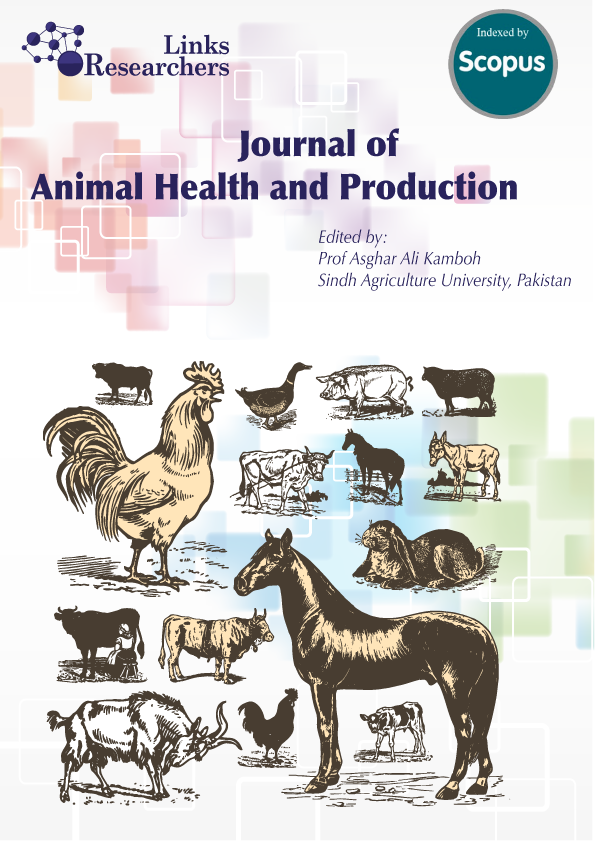Antiproliferative-Effect-of-Garlic-Extract-on-Cancer-Cell-Lines
Antiproliferative-Effect-of-Garlic-Extract-on-Cancer-Cell-Lines
Nasr Tarq Mohammed
ABSTRACT
Breast cancer is one of the most common neoplasms globally and is even more prevalent in some animal species, such as dogs, than in humans. Garlic organosulfur compounds possess anti-carcinogenic, antibacterial, antifungal, antiviral, and immune-boosting properties. This study aimed to evaluate the anticancer potential of aqueous garlic extract (AGE) against breast cancer cell lines. The use of a simple aqueous extract allows for easy and cost-effective preparation while retaining bioactivity. In this research, the effectiveness of AGE in inhibiting cancer cell viability was assessed using cancer cell lines CAL51 and AMN3. The cell lines were treated with various concentrations of AGE (100, 200, 300, 400, and 500 µL) in vitro. The findings indicate that at a concentration of 500 µL, AGE caused 95% destruction of CAL51 cells, while lower concentrations resulted in cell death rates of approximately 83%, 78%, 54%, and 27% at 400, 300, 200, and 100 µL, respectively. For the AMN3 cell line, the destruction rate was 93% at 500 µL, and 90%, 79%, 65%, and 36% at 400, 300, 200, and 100 µL, respectively. In conclusion, this study demonstrates the significant, dose-dependent anticancer effects of aqueous garlic extract on breast cancer cell lines, highlighting its potential as a promising and accessible therapeutic agent in cancer treatment strategies.
To share on other social networks, click on any share button. What are these?






